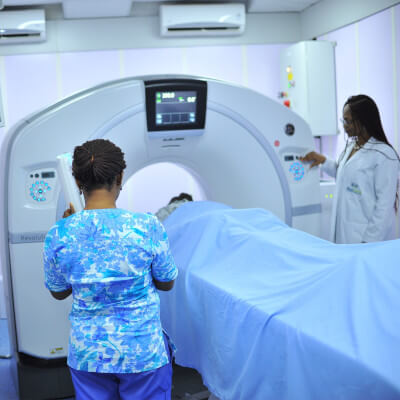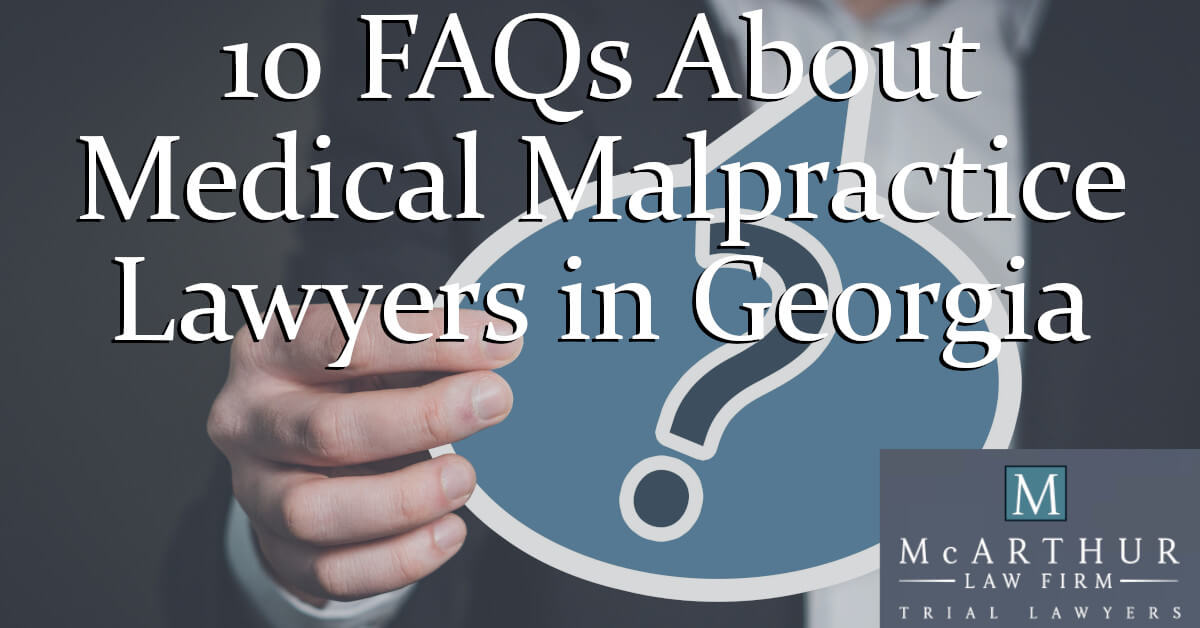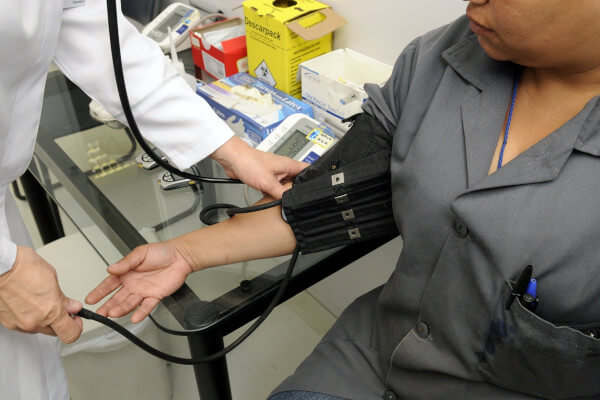In the State of Georgia, individuals harmed by medical malpractice typically will have numerous questions when consulting our medical negligence attorneys. Medical malpractice cases can be hard to handle. They require special knowledge in both medicine and law.
These cases often need medical experts to explain the standard of care and how it was broken. The legal process can also be long and complicated. It involves negotiations, depositions, and possibly a trial. Depositions are pre-trial question-and-answer sessions with a court reporter.
Frequently Asked Questions About Medical Malpractice Lawyers in Georgia

However, pursuing a medical malpractice claim requires careful consideration, as the burden of proof lies with the patient, and the process can be both time-consuming and emotionally taxing. These questions reflect common concerns and highlight the importance of seeking professional legal guidance when dealing with potential medical malpractice in Georgia.
In the state of Georgia, medical, dental, and chiropractic care professionals are subject to malpractice lawsuits if they deviate from the medical industry’s accepted standard of care. These errors can lead to injury, paralysis, or death. These rules and guidelines apply to a range of state-licensed healthcare providers including physicians, dentists, podiatrists, and chiropractors.
A case for medical malpractice may be valid against any state-certified healthcare practitioner if their conduct strayed from the accepted norms (for that grade of medical professional) and their alleged mistake or failure to act resulted in injury or death. Our experienced team knows how to “dig down” and find the answers to these questions before filing a legal suit.
Consulting with a medical attorney with McArthur Law Firm (MLF) can help determine the viability and possible “value” of such a hospital, medical office, or nursing home claim. With our team of medical malpractice lawyers in Georgia, various types of medical errors can be analyzed and identified as the cause of harm to our client.
10 Frequently Asked Questions (FAQs) about Med Mal Litigation
These are the top 10 most common questions prospective clients typically ask our medical neglect lawyers:
1. What is medical malpractice?
Medical malpractice is a complex legal and medical issue that arises when a healthcare provider, such as a doctor, nurse, or hospital, fails to provide the accepted standard of care in their field of practice, leading to injury or harm to a patient. The “standard of care” refers to the level of care and skill that a reasonably competent healthcare professional (with this professional’s training) would provide under similar circumstances.
Proof of this standard is often established through written medical guidelines, being apprised of professional practices in this industry by an expert witness, and also relying on the consensus “standard of care” established over many years in the medical community.
When a healthcare provider departs from, omits, or deviates from this recognized standard, this “departure” can result in various types of harm to a patient. This harm may be manifested as causing physical damage or paralysis, creating emotional distress, or even leading to death.
Common examples of medical malpractice include misdiagnosis or delayed diagnosis, making surgical errors, or making errors when administering medication, or possibly making errors in the potency of the dosage or number of milligrams administered. Other types of malfeasance can come from a non-approved treatment or by the failure to obtain informed consent for the surgery or treatment performed, from the patient before proceeding with that medical procedure.
 2. How do I know if I have a viable medical malpractice claim?
2. How do I know if I have a viable medical malpractice claim?
To establish a case of medical malpractice, several key elements must be proven:
a. Duty of Care: The healthcare provider had a legal obligation to provide care to the patient. This relationship is typically established when a patient seeks treatment, and the provider agrees to treat them.
b. Breach of that Duty: The provider failed to meet the minimum standard of care expected within the medical community. This breach can be demonstrated through expert testimony, hospital, nursing or other medical records, and other evidence which demonstrate that the medical provider acted negligently.
c. Causation: That botched procedure must have a direct link between the medical provider’s breach of duty and the resulting harm suffered by the patient. This means that the Plaintiff must show that the injury would not have occurred if the provider had adhered to the accepted standard of care for this procedure.
d. Damages: The patient must have suffered actual damages because of the malpractice. This damage can include medical expenses, lost wages, pain and suffering, going through a subsequent “repair” or new surgical effort to undo the botched earlier procedure.
3. In Georgia, who can be held liable for medical malpractice?

4. What is the statute of limitations for filing a medical malpractice lawsuit in Georgia?
Generally, a lawsuit must be filed within two years from the date of injury or death, with a maximum limit of five years from the date of the negligent act (statute of repose). See this additional legal information for another more detailed explanation of the Statute of Limitations.
5. How much compensation can I recover in a medical malpractice suit?
Compensation varies based on the case details, including economic and non-economic damages. The State of Georgia does not have a cap on non-economic damages at the time of this article. Georgia med mal cases are in the top 12 states across America for rendering total judgments and settlements each year.
6. Do I need an attorney to file a medical malpractice claim?
Technically, no, since all citizens can represent themselves in our civil and criminal courts. From a “reality check” perspective, due to the complexity of these complex cases, no person should expect to get similar results as a skilled and experienced med mal attorney. Your first hurdle is that several members of a typical jury often “like” their doctors or dentists and will be inclined to require overwhelming proof of neglect or malfeasance.
Next, almost 100% of cases are going to be defended by skilled malpractice insurance defense lawyers who are top-quality trial lawyers. Plus, any resources needed (e.g., expert witnesses) will be available to these defense attorneys, to fight vigorously to deny or limit your claim.

Some reliable sources estimate that 250,000 or more annual incidents of medical errors in the United States are occurring. According to several sources, fewer than 91,000 lawsuits against medical doctors and dentists were filed last year. Overall, while it is possible to pursue a medical malpractice case without an attorney, doing so significantly reduces the likelihood of success due to the complexity of the law and the resources typically available to defendants in these cases.
7. What evidence is needed to prove medical malpractice?
Evidence typically includes medical records, expert testimony from one or more witnesses, and proof that the healthcare provider’s negligence directly caused harm.
 8. Can I still sue the medical professional if I signed a consent form?
8. Can I still sue the medical professional if I signed a consent form?
Signing a consent form for obtaining surgery does not waive your right to sue if negligence occurred during your medical treatment.
9. What should I do if the hospital denies any wrongdoing?
If a person goes in alone, without legal guidance, and obtains an admission of liability, then this story should be on the 6:00 o’clock news. Before making any claim, it is crucially important to first consult with an experienced and successful medical malpractice attorney who can investigate further and gather the necessary evidence to support your claim.
10. Should I accept an early settlement offer from the hospital or insurance company?
As can be delved above, medical malpractice in the Peach State is a serious issue. It is advisable not to accept any settlement offers without consulting a knowledgeable, successful, and experienced med mal attorney. Early offers almost certainly will not cover your full damage or provide for the patient’s long-term, future needs.
Key Points for Malpractice Liability in Georgia
Duty of Care: Healthcare professionals must adhere to a standard of care that is expected in their field. This duty is established when a professional relationship is formed between the provider and the patient.
- Breach of Standard of Care: A malpractice claim requires proving that the healthcare provider breached this standard. This breach could occur through negligence or omission, and expert testimony is typically required to establish how the provider’s actions deviated from accepted practices.
- Causation and Damages: It must be shown that the breach directly caused the patient’s injury or harm. The patient must have suffered significant damage as a result, such as physical pain, emotional distress, or financial loss due to additional medical expenses.
- Statute of Limitations: In Georgia, a medical malpractice lawsuit must generally be filed within two years from the date of injury or death caused by the alleged malpractice. However, there is also a statute of repose that limits filing to no more than five years after the act occurred.
- Being Filed with an Expert Affidavit Attached: Georgia law mandates that an affidavit from a qualified expert accompany any malpractice lawsuit. This affidavit must assert that a deviation from the generally accepted standard of care occurred, and that this deviation caused harm to the patient.
Professionals such as dentists and chiropractors are included under these regulations, meaning they can be sued for malpractice if they fail to meet the required standard of care. The legal framework aims to ensure accountability among healthcare providers while protecting patients’ rights to seek compensation for negligence.
How to Secure Your Free Medical Malpractice Attorney Consultation

If you have questions about lawsuits involving medical professional misconduct, contact our attorneys in Georgia. You can reach highly trained lawyers at any of our office locations by dialing our nationwide toll-free vanity number, 1-855-WARRIOR [1-855-927-7467].
If we agree to take (and investigate) your case, our experts can review the medical records related to your potential legal case. Once we understand the case facts, our Team will inform you whether your claim is a good case to pursue.
If it is, our attorneys in Georgia will accept it and do all the things necessary to prevail for you in obtaining damages. After you hire our firm, you will pay our fees at the end. Our payment comes from a percentage of the compensation once we secure a jury verdict (or a pre-trial settlement) for you.
Hence, why wouldn’t you take advantage of a free consultation with a medical malpractice lawyer? There’s all to win and nothing to lose when you have found and hired one of the State’s top medical malpractice law firms.





 2. How do I know if I have a viable medical malpractice claim?
2. How do I know if I have a viable medical malpractice claim? 8. Can I still sue the medical professional if I signed a consent form?
8. Can I still sue the medical professional if I signed a consent form? Duty of Care: Healthcare professionals must adhere to a standard of care that is expected in their field. This duty is established when a professional relationship is formed between the provider and the patient.
Duty of Care: Healthcare professionals must adhere to a standard of care that is expected in their field. This duty is established when a professional relationship is formed between the provider and the patient.


